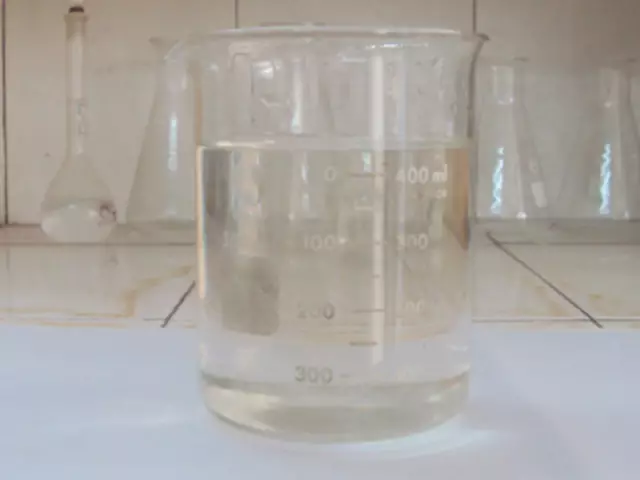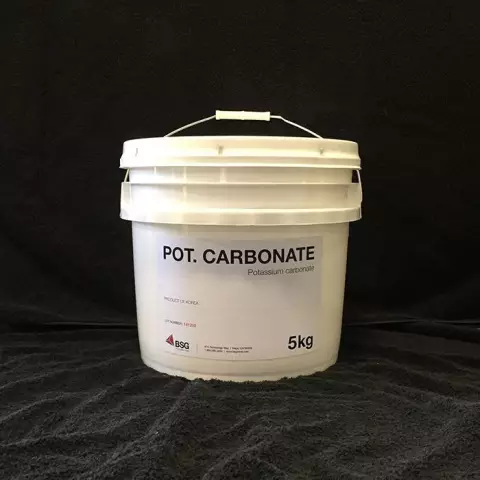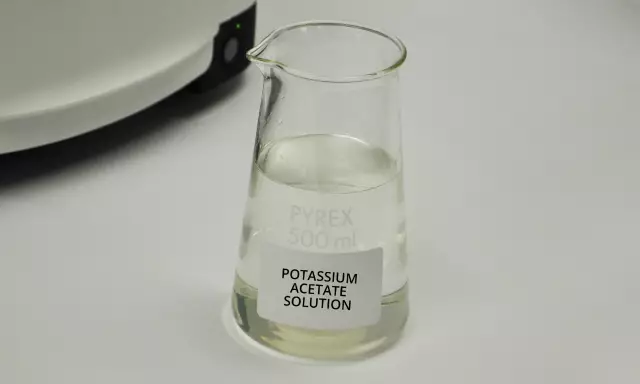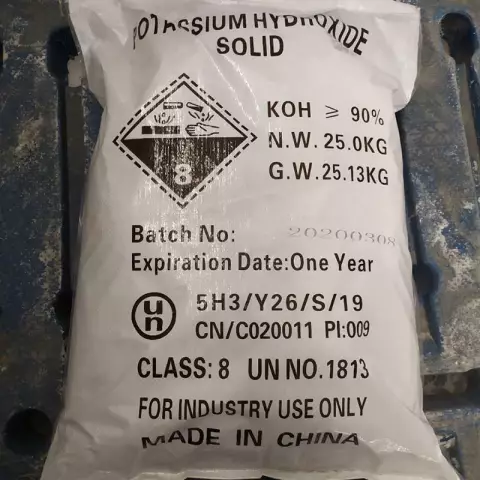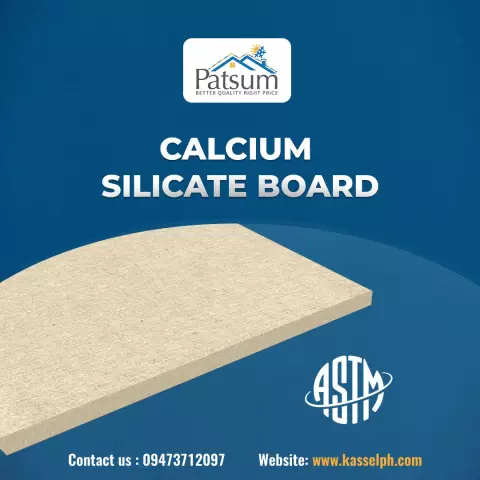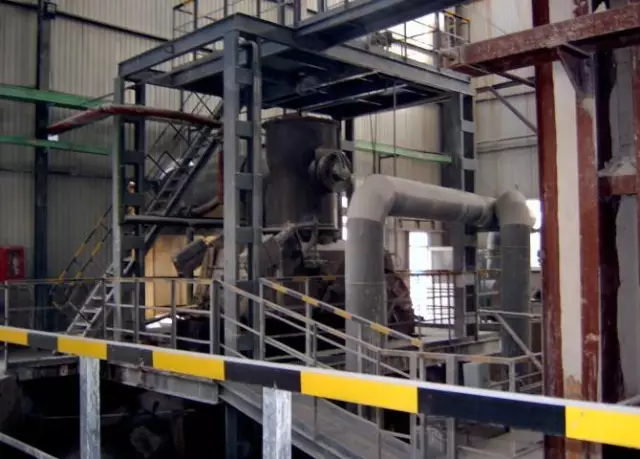- Author Rachel Wainwright wainwright@abchealthonline.com.
- Public 2023-12-15 07:39.
- Last modified 2025-11-02 20:14.
Potassium silicate

Potassium silicate is a silicic acid salt, which is a form of silicon in nature. In the food industry, the substance is known as an additive E560; such names of potassium silicate can also be found: potassium silicate, potassium silicate, soluble potash glass.
Potassium silicate is a yellowish or white powder. In addition, the E560 additive can be sold in the form of liquid or flakes.
E560 dissolves in hot water, does not dissolve in alcohol, and poorly dissolves in cold water.
In Europe and Russia, potassium silicate is prohibited for use in the food industry, although until 2010 the additive was used as a substance that prevents caking of products, the formation of lumps in bulk mixtures.
In the food products of those countries where the additive has not been banned for use, potassium silicate can be found in baking powders, powdered cream, and milk powder. It can be added to sugar and salt, spices and herbs. The E560 additive is also used by manufacturers of hard cheeses, products from them, as well as those who produce products that are further packed in foil.
In Russia, the EU countries and other countries of the world, potassium silicate is used in the cosmetic industry: it is added to the composition of blush, powder, eyeshadow so that they do not cake as long as possible.

In the pharmaceutical industry, potassium silicate is used for the production of various powders, drugs in the form of a gel.
Potassium silicate is also used in agriculture for the production of fertilizers and feed, as well as in glass, construction, oil, woodworking, paint and varnish industries.
How harmful is potassium silicate to humans?
In general, the additive E560 is not considered dangerous to humans. The ban on the use of potassium silicate in the food industry in Russia is associated more with the negative impact of the substance on the environment.
In those countries where the E560 additive is approved for use, certain standards apply: 10-30 grams of potassium silicate per 1 kilogram of food products. Abuse of foods that contain potassium silicate can cause complications from the digestive tract and other organs associated with digestion.
Found a mistake in the text? Select it and press Ctrl + Enter.

